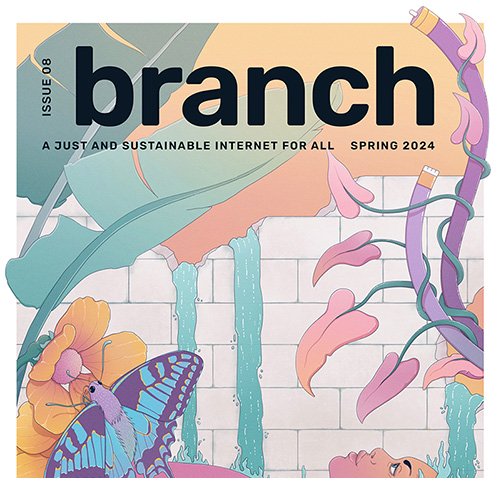Assorted reads (January 2025)

Hi folks, I hope you've all been doing well! 👋
I've been starting my new year on a bit of a podcast-listening binge, revisiting old shows that I've stepped away from for a bit as well as trying some new ones out that I've never listened to before.
A couple of the episodes that I found particularly thought-provoking were from "The Ezra Klein Show", "Sabbath and the Art of Rest", and "Are National Deficits a Myth?" from the "Big Ideas" podcast:
As you can probably guess from the title, the episode in Klein's show explores the importance of rest in today's fast-paced world. At one point, Klein and his guest reference research that found that, it didn't matter what someone's cultural upbringing was, or their personality, but their sense of time that impacted someone's willingness to help others.
As they put it:
Ethics becomes a luxury as the speed of our daily life increases.
I've been thinking about this line a lot since listening to this episode given I've worked, and still continue to work, in start-up companies where a sense of urgency and speed are frequently championed and lionized.
In particular, I've been considering how balances are struck such that teams and companies get the benefits that come from trying to move things along more quickly, while ensuring that time can be taken when required in order to avoid ethical lapses.
The "Big Ideas" episode gave me a new perspective on government debt, and the role that that kind of debt can play in tackling various challenges in our wider societies today, such as homelessness and the climate crisis.
Given there are elections in the coming months where I live here in Canada, I'm sure I'll be reminded about the points mentioned in that podcast as talk of budgets and deficits invariably come up as part of the election cycles.
Now, onto some reads!
Branch Magazine
In their words, Branch is an "online magazine written by and for people who dream of a sustainable and just internet for all."
It's an online quarterly magazine that explores different themes in every issue.
Some articles look at design philosophies, others explore reuse of computer hardware, and yet others explore what a "fossil-free" internet can look like.

It's carbon aware by design, what the Branch team has called "demand responsive".
Based on the physical infrastructure and the energy that powers the site depending on the geographic location of the user, the design of the site changes.
When visiting the site, there's a toggle that allows you to see what the site looks like at different "intensity" levels, which is really cool to see. The folks behind the magazine outline details about their design choices for the site here if you're interested.
Creating a SQL query that returns results that share a certain threshold of similarity with the input provided
While learning some of the underlying math and statistics involved in AI today, I learned about something called the Jaccard Similarity.
It's one of several methods that someone can use to determine how similar two sets of data are to each other.
It got me thinking about if it was possible to create a SQL query that allowed me to get results that shared a certain threshold of similarity with the input data that's part of the query.
I found this Stack Overflow answer from over a decade ago that tackles this problem, and, while lengthy, it's a fascinating read.
Like what you've read?
Subscribe to receive the latest updates in your inbox.


